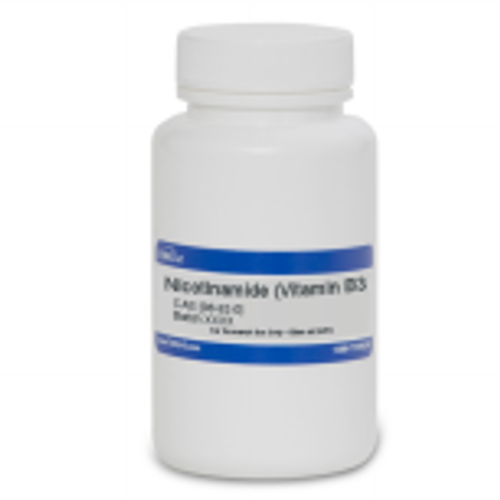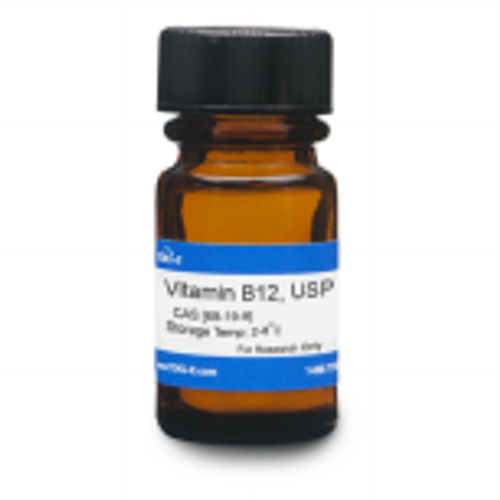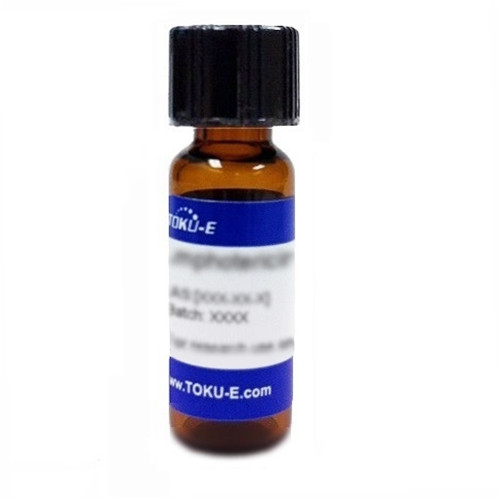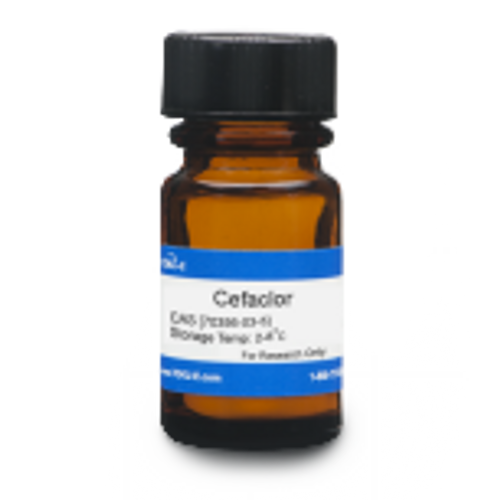Nicotinamide (Vitamin B3), USP is water-soluble amide form of Nicotinic acid. It is a poly (ADP-ribose) polymerase (PARP) inhibitor, involved in regulation of many cellular processes. It was discovered between 1935 and 1937. Commercially, Nicotonamide is made from nicotinic acid or nicotinonitrile. Structurally, it consists of a pyridine ring to which a primary amide group is attached in the meta position. It shows promise in cell therapy research for diabetes, since it can induce embryonic stem cells into insulin-secreting cells.
Nicotinamide (Vitamin B3), USP conforms to United States Pharmacopeia specifications.
| Mechanism of Action | In cells, Nicotinamide is the precursor to Nicotinamide Adenine Dinucleotide(NAD), an essential coenzyme in ATP production and substrate for Poly-ADP-Ribose Polymerase-1 (PARP-1). It is also a precursor to Nicotinamide Adenine Dinucleotide Phosphate ( NADP), both of which are involved in redox reactions. PARP inhibitors are involved in many cellular processes such as DNA repair, cell cycle progression, and cell death. |
| Eukaryotic Cell Culture Applications | In studies with embryonic stem cells, researchers found that undifferentiated mouse embryonic stem cells treated with Nicotinamide showed an 80% decrease in cell proliferation and induced differentiation into insulin-secreting cells. Nicotinamide can increase insulin content of cells differentiated from embryonic stem cells. This has implications in cell therapy for treatment of diabetes based on embryonic stem cells (Vaca et al, 2008). |
| Cancer Applications | Nicotinamide has also been used as an anti-cancer agent to inhibit PARP-1, an enzyme responsible for repairing DNA damage caused by chemotherapy treatment. |
| References |
Surjana D, Halliday GM and Damian DL (1010) Role of Nicotinmide in DNA damage, mutagenesis, and DNA repair. J. Nucl. Acids. ID 157591 doi 10.4061 13 pp. Vaca P et al (2008) Nicotinamide induces differentiation of embryonic stem cells into insulin-secreting cells. Exp. Cell Res. 314(5):969-974 Ungerstedt JS et al (2003) Nicotinamide is a potent inhibitor of proinflammatory cytokines. Clin. Exper. Immunol. 131(1):48-52 |








